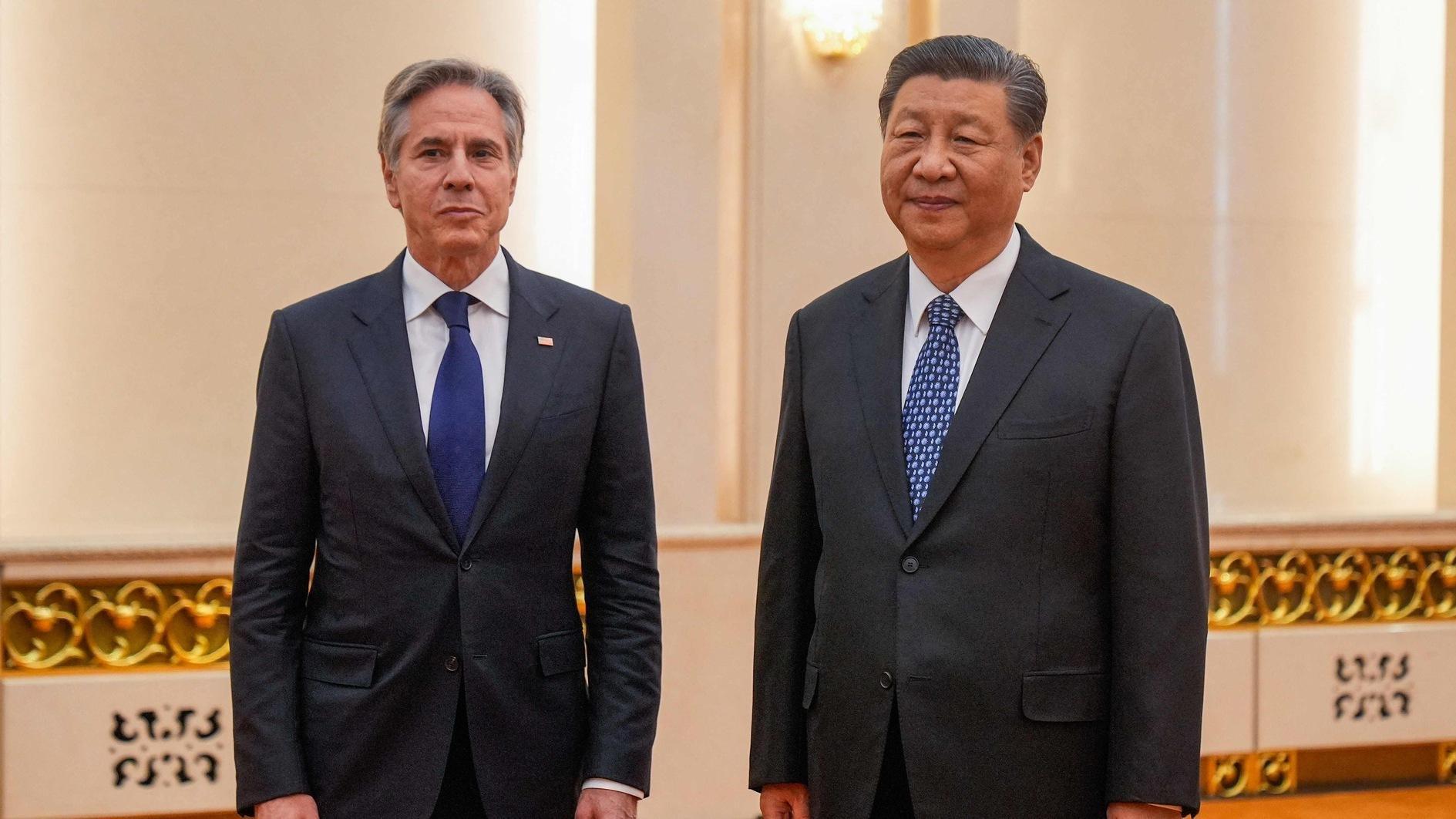One death, many lessons
On Wednesday, March 12, Istanbul’s central Şişli district became the stage of a massive funeral. Tens of thousands gathered to say farewell to a victim that used to be nameless until nine months ago:
Berkin Elvan, who was only 15-years-old and 16 kilograms in weight when he died in a hospital bed. He was shot in the head by a teargas canister fired by the police last June, during the Gezi Park protests, and had been in a coma since then.
One of the painful aspects of Berkin’s story is that he was not even a protestor, or “looter” or “anarchist” in the government’s language. He left his parents’ modest apartment in the poor neighborhood of Okmeydanı only to buy a loaf of bread from the bakery. The street towards the bakery, however, was the setting of clashes between angry protestors and trigger-happy policemen.
One of the latter, eyewitnesses said, fired the gas can that is supposed to be shot only from above, not directly into the crowd. Berkin, who was only at the wrong place at the wrong time, fell down.
This young boy’s story is tragic enough for anyone who cares about innocent human life. What has made it more heartbreaking, and perhaps enraging, is the official attitude toward it.
First of all, the police who are responsible for Berkin’s death have not been revealed so far, as is the case with most other Gezi Park victims. As usual, the public cameras that monitor the streets to detect criminals did not detect anything in this case, when the potential criminals are state officials. The names and tag numbers of the policemen who were employed on that particular time and spot, too, have been mysteriously “impossible to specify.”
All this has suggested the old bitter fact about the Turkish state – that it exists to protect not justice, but merely itself – has not changed much under the Justice and Development Party (AKP) government.
What has been equally disturbing is the silence of the government on the tragedy of Berkin Elvan. To their credit, President Abdullah Gül and Vice Prime Minister Bülent Arınç, expressed their sadness and offered their condolences. Yet the most important man, Prime Minister Tayyip Erdoğan, who speaks publicly for hours every single day, has not uttered a word. He was asked about Berkin, only in passing, on a TV show several hours after the funeral. He, to the shock of millions, replied only by noting the influence of “this” on the stock market is minimal.
Personally speaking, this is not the Erdoğan whom I used to support, vote for, and defend against an overbearing Kemalist establishment. I used to like the man because he was “the voice of the voiceless” and the defender of the downtrodden. I shared his feelings when he cried for the children of Gaza killed by Israeli bombs or the peaceful protestors of Egypt murdered by Sisi’s snipers.
What I realize today is, while Erdoğan’s empathy and compassion is quite genuine in such cases, those humane feelings seem to not extend much beyond his own kin. Moreover, when the victims at hand are among Erdoğan’s political enemies, they no longer are seen as the downtrodden. They are rather dismissed, if not demonized, as the pawns of evil conspirators who supposedly work day and night to tarnish an otherwise brilliant Turkey. That is, Erdoğan’s Turkey, which, alas, if it were not tainted by so much hubris, could have been a good idea.











